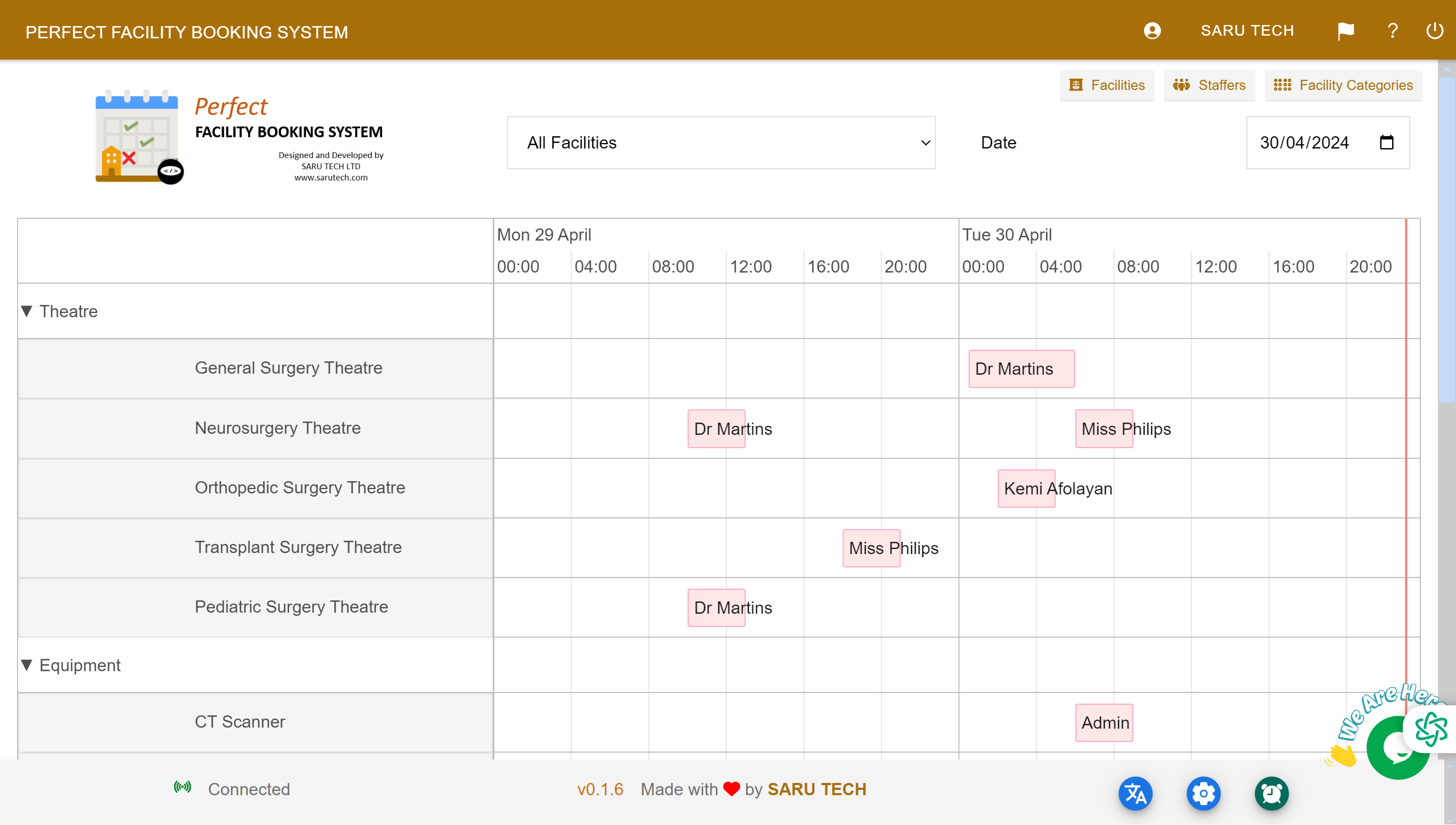A hospital facility booking system is a critical tool that allows patients and healthcare providers to efficiently manage and reserve various facilities for medical and non-medical purposes. Here are 20 types of facilities commonly found in hospitals that can be booked through such a system:
- Operating Rooms - Scheduling surgeries and other invasive procedures.
- Diagnostic Imaging Rooms - Booking appointments for MRI, CT scans, X-rays, etc.
- Laboratory Testing Facilities - Reserving time for conducting blood tests, urinalysis, and other lab work.
- Physiotherapy Rooms - Scheduling sessions for physical rehabilitation services.
- Maternity Wards - Booking rooms for childbirth and postnatal care.
- Chemotherapy Suites - Reserving spaces for chemotherapy treatment.
- Conference Rooms - Booking for medical conferences, seminars, or staff training.
- Dental Treatment Rooms - Scheduling dental procedures or consultations.
- Outpatient Clinics - Booking appointments for outpatient services.
- Intensive Care Units (ICUs) - Managing admissions to critical care units.
- Cardiac Care Units - Scheduling for specialized cardiac care treatments.
- Sleep Study Rooms - Reserving facilities for conducting sleep studies.
- Mental Health Therapy Rooms - Booking sessions for psychological therapies or counseling.
- Emergency Rooms - Allocating resources or preparing spaces for emergency care.
- Radiation Therapy Rooms - Scheduling treatments for cancer and other conditions requiring radiation.
- Dialysis Centers - Booking time slots for kidney dialysis treatment.
- Endoscopy Suites - Scheduling time for endoscopic procedures.
- Audiology Booths - Booking appointments for hearing tests and other audiological services.
- Nutritional Counseling Offices - Reserving consultations with dietitians or nutritionists.
- Wellness Centers - Scheduling time in facilities focused on general wellness, including stress management programs or fitness classes.
These facilities are essential for a hospital's operation, ensuring that all types of medical and support services are effectively scheduled and utilized to optimize patient care and resource management.

